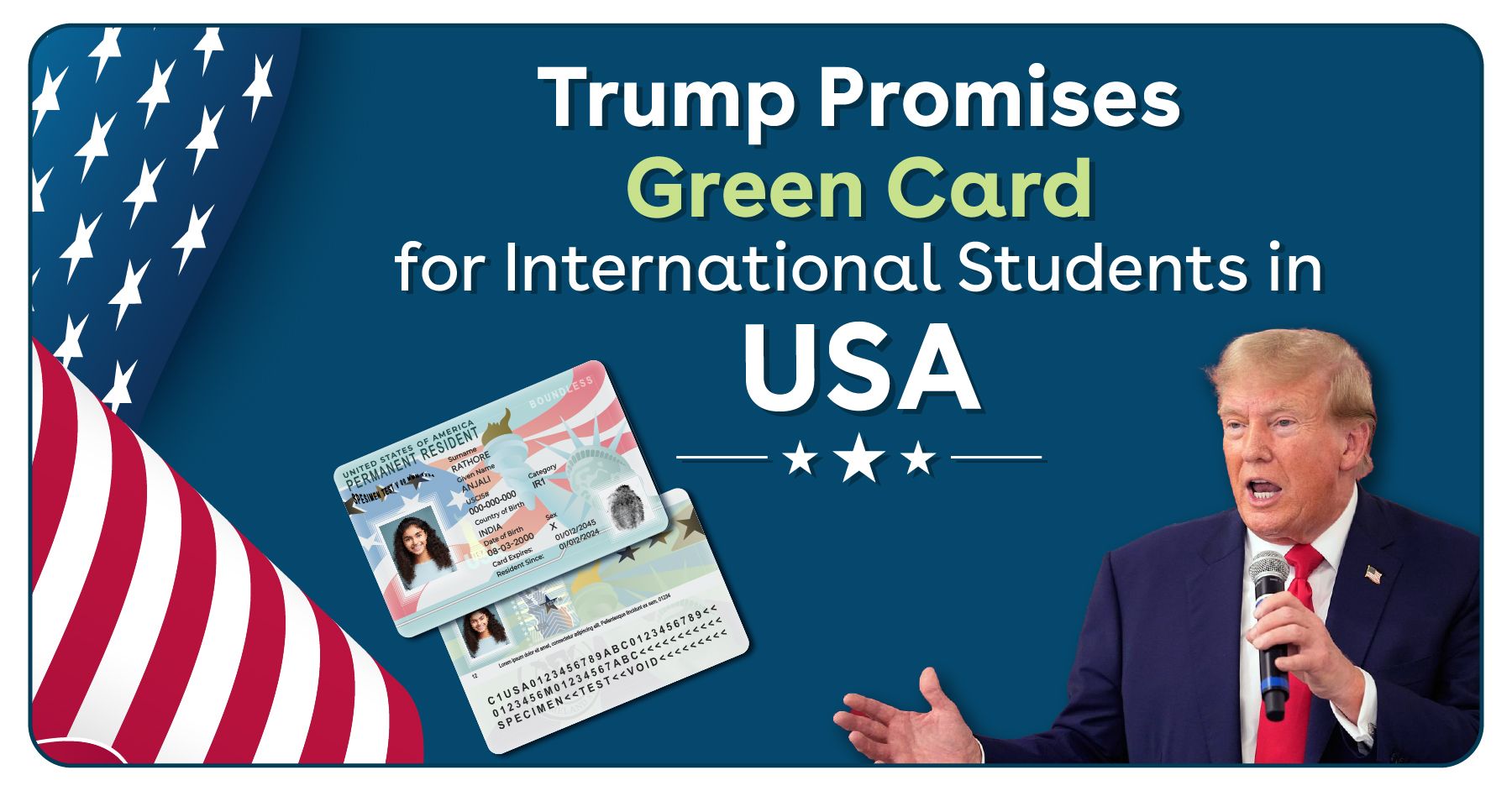Listen, folks, there's a big debate brewing over the Trump administration's move to check the social media profiles of green card applicants who are already legally in the U.S. This isn't just about security—it's about freedom of expression and privacy. The administration's proposal has sparked a lot of backlash, with many people calling it an attack on free speech. Let's break this down and see what it really means for immigrants and the country as a whole.
Why This Proposal Is Making Waves
Now, the administration announced this plan last month as part of a Department of Homeland Security (DHS) proposal. They want to collect social media handles from people applying for benefits like green cards or citizenship. This move is in response to an executive order from President Trump. But here's the kicker: the public and federal agencies only had until May 5 to weigh in with their feedback. That's not a lot of time when you're talking about something as important as free speech and privacy.
Free Speech Advocates Sound the Alarm
The Foundation for Individual Rights and Expression (FIRE) has been vocal about this. They argue that by surveilling visa and green card holders, the administration is silencing protected expression. FIRE says, "By targeting individuals based solely on their online activities, the administration is trading America's commitment to free and open discourse for fear and silence." That's a pretty powerful statement, and it's one that resonates with a lot of people who are worried about where this might lead.
Read also:Joel Kim Booster The Comedian Who Just Wants To Make People Laugh
Expanding Surveillance to Those Already in the U.S.
This March 5 notice really set off alarm bells among immigration and free speech advocates. Why? Because it seems to expand the government's reach into social media surveillance to include people who have already been vetted and are legally in the U.S. This is a significant shift from traditional immigration practices, and it raises serious questions about privacy, bias, and fairness. It's not just about security anymore; it's about how far the government can go in monitoring people's online lives.
What Does This Mean for Applicants?
Under the Trump administration, "extreme vetting" procedures were introduced, increasing scrutiny on visa applicants' social media activity. Now, it looks like green card applicants will be subject to the same level of scrutiny. Applicants may be asked to list their social media handles on nine immigration forms, but not passwords. This move is being made under Executive Order 14161, which President Trump signed in January 2025. It's all about enhancing identity verification and national security, but at what cost?
Reactions from the Public and Advocacy Groups
When the Trump administration announced its plan to monitor green card applicants' social media, it sent shockwaves through immigrant communities across the globe. People are worried about how this might affect their ability to express themselves freely online without fear of repercussions. The backlash has been significant, with many groups condemning the proposal as an infringement on free speech rights. It's not just about immigrants; it's about everyone's right to speak freely without government interference.
Looking Ahead: What Comes Next?
So, what happens now? The USCIS has established a social media division within the Fraud Detection and National Security Directorate (FDNS), formalizing social media vetting. This means that the government is serious about this policy, and it's likely here to stay unless there's a significant legal challenge. The key question is: how will this impact the lives of immigrants and the broader conversation about free speech in America? Only time will tell, but one thing's for sure—this is a conversation that's far from over.

